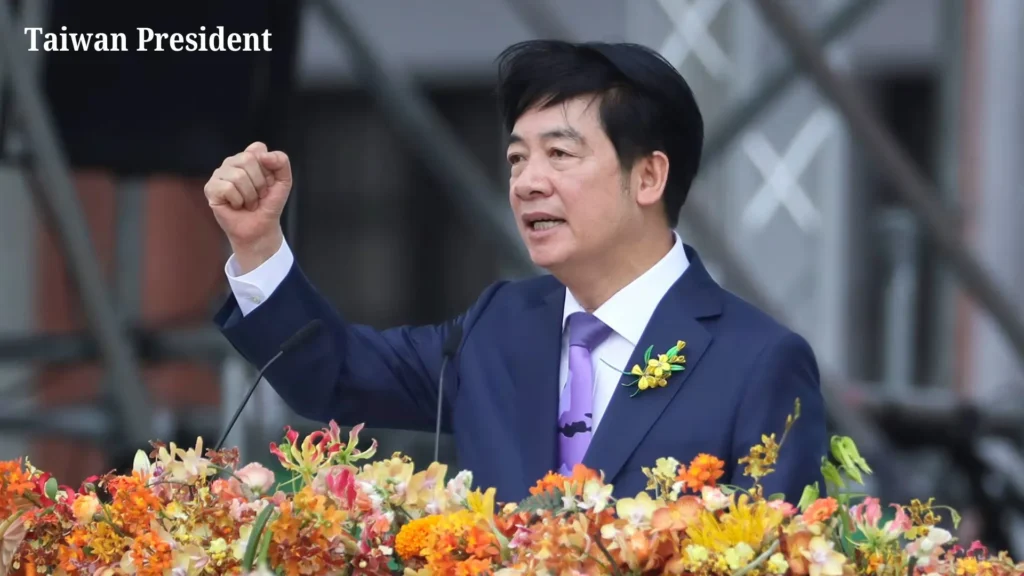Table of Contents
ToggleChina Military Drills Around Taiwan: An In-Depth Analysis
Introduction
Recent China military drills around Taiwan have captured global attention, signaling a significant escalation in the ongoing tensions between the two regions. Branded as a “punishment” for Taiwan’s democratic activities, these exercises reflect the deep-seated conflicts and geopolitical stakes involved.
China has launched two days of military drills surrounding Taiwan in response to the recent presidential inauguration, escalating regional tensions. The China Military drills involve the PLA’s air, naval, and rocket forces, with mock strikes and strategic exercises. Taiwan has condemned the actions as provocations, heightening its military alertness. This article delves into the details of the drills, international reactions, and the broader geopolitical implications, offering a comprehensive analysis of the unfolding situation.
Background of the Military Drills
Reason Behind the Drills
The drills were initiated as a response to what China deems “separatist acts” by Taiwan, particularly following the election and inauguration of Lai Ching-te as Taiwan’s president. Beijing views these democratic processes as direct challenges to its sovereignty claims over Taiwan.
Details of the Military Drills
Air, Naval, and Rocket Forces Involved
Chinese state media reported that the People’s Liberation Army (PLA) deployed fighter jets, naval forces, and rocket units in these exercises. The drills, named Joint Sword-2024A, took place around Taiwan’s main island and its nearby smaller islands, showcasing China’s military might.
Chinese Media’s Perspective
Propaganda and Messaging
Chinese state media played a crucial role in framing these drills as necessary countermeasures against Taiwan’s “independence forces.” The portrayal emphasized China’s resolve to defend its territorial claims and deter external interference.

Taiwan’s Reaction
Military and Political Response
Taiwan condemned the drills as irrational provocations that threaten regional peace. In response, Taiwan’s defense ministry put its sea, air, and ground forces on high alert, enhancing base security and preparing for potential cognitive warfare.
The Role of the PLA
Mock Strikes and Strategic Targets
The PLA’s exercises included simulated strikes on high-value military targets in Taiwan, involving sophisticated missile systems and coordinated efforts from multiple military branches.
Historical Context
Past Drills and Responses
This isn’t the first time China has conducted large-scale drills around Taiwan. Previous instances include the 2022 exercises following a visit by US House Speaker Nancy Pelosi and the 2023 drills after a meeting between Taiwan’s then-president Tsai Ing-wen and US Speaker Kevin McCarthy.
International Reactions
Statements from the U.S. and Japan
The international community, particularly the U.S. and Japan, has expressed concern over China’s actions. Both countries emphasized the importance of maintaining peace and stability in the Taiwan Strait and condemned the aggressive maneuvers.
Implications for Regional Stability
Potential for Escalation
The drills have heightened tensions in an already volatile region. Analysts warn that such military activities could lead to unintended escalations, making diplomatic resolutions more challenging.
Taiwan’s Preparedness
Defensive Measures and Strategies
Taiwan has been actively boosting its defense capabilities, including strengthening missile defenses and enhancing surveillance systems, to deter potential Chinese aggression.
Cognitive Warfare
Impact on Public Perception
China’s strategy also includes cognitive warfare aimed at influencing public opinion in Taiwan. This involves spreading disinformation and propaganda to create internal divisions and weaken Taiwan’s resolve.
Expert Opinions
Analyses and Predictions
Experts believe that the drills, particularly with their “2024A” designation, signal the likelihood of more frequent and possibly more intense military activities by China in the future. This move aims to pressure Taiwan and shape global perceptions.
Future Prospects
Potential for More Drills
Given the current trajectory, it is anticipated that China will continue to conduct military drills around Taiwan, especially as Taiwan continues to assert its sovereignty and democratic values.
Conclusion
China’s military drills around Taiwan underscore the ongoing geopolitical tensions and the complex interplay of power, sovereignty, and international diplomacy. As both sides prepare for potential escalations, the international community’s role in mediating and advocating for peace becomes increasingly crucial.